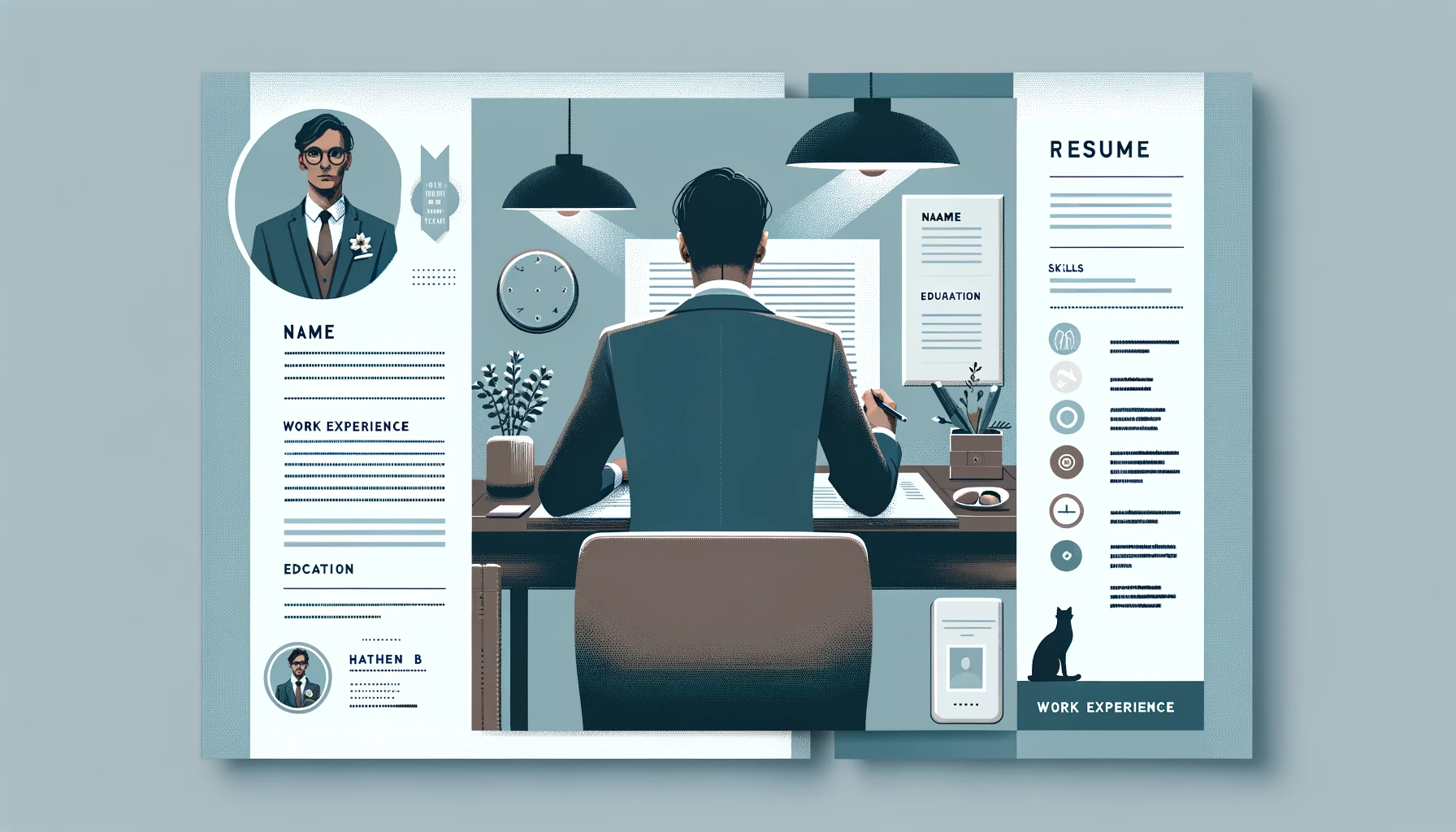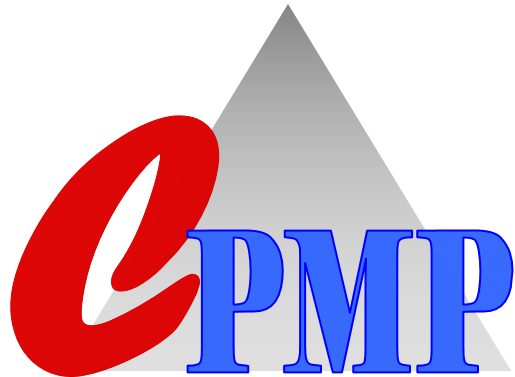
How to Prepare for a Job Interview (With 12 Steps)
Before you go for the interview, consider your long-term goals and evaluate your qualifications against the position you're interviewing for and the company or employer. Do your homework and make sure you know what the company does, its core business activities and what they require in a successful candidate. In this article, we review how to prepare for a job interview and follow up after the interview.
How to Prepare for a Job Interview
Here are some steps that you can follow to prepare for a job interview:
1. Review the job description carefully
It is important that you review the job description to understand what would be expected of you so you can explain how you'll be able to fulfill those expectations and be a good fit for the employer. You can use the job description as a guide because it will typically specify the required qualifications, experience, qualities, and background that the employer wants in an ideal candidate. Familiarize yourself with these details and conduct a self-evaluation to determine if you qualify. The more you become confident that you are qualified for a particular position, the better your performance during the interview will be.
2. Understand your motivation
Ask yourself why you want to apply for this position and why you think you are qualified for the job. This is an important and commonly-asked question. You need to have an answer for this because most job interviewers will ask you why you are interested in a particular job opportunity.
3. Know the company and the role
Research the company you're applying to so that you understand the company culture and goals. The interviewers will expect you to have some idea about what the company does and what the role entails. In particular, you should have adequate information about:
-
The company's products or services: It is important to know the products and services they offer, even if the position you are applying for is not directly related to this. If hired, you will represent the company and you should know what type of products or services they offer. You do not need to become an expert, but you must know the basics. This can help you during the interview in case the interviewers ask you any specific product-related questions. Drawing a complete blank may ruin your chances of success.
-
The company culture: There was a time when information about a company's internal culture was difficult to obtain. But today, with most modern organizations having social media accounts and openly discussing their culture and industry dynamics, it is no longer so. By understanding the company's culture, you can get an idea about its values and whether or not you would be a good fit within the company culture. Knowing that your values align with those of the company can make you more confident that this is the right opportunity for you.
4. Prepare answers to common interview questions
There is no way to predict what you will be asked during an interview, but there are some questions that are often brought up. Plan your answers for these questions as this will give your confidence a boost and make you feel you can be successful. Here are some of those frequently asked questions:
-
Why do you want to work here?: This is where your effort to learn about the company and its products and services will help you. You can answer this question by mentioning the aspects of the company that interest you and how the company's business activities are aligned with your career goals.
-
What interests you about this role?: This question is your opening to highlight the skills that make you a worthy candidate for this role. You have already reviewed the job description, and you are aware of the skills that you possess and the skills that the employer wants in an ideal candidate. Focus on those skills in your answer and convey why you feel you are the right person for this job.
-
What are your strengths?: This is another opportunity for you to talk about your qualification and your skills. Make this answer a bit personal and highlight attributes and qualities that would help you connect with the interviewers and, at the same time, also convey your strengths.
5. Understand the importance of body language and tone of voice
Your tone of voice can say volumes about your personality traits and your confidence. If you want to make a lasting impression on the interviewers, practice speaking in a confident and strong voice that is professional but friendly at the same time. Also, focus on your body language and pay attention to how you shake hands, how you walk into a room, how you maintain eye contact, and when and how you smile.
6. Ask the right questions
Many employers would give you the chance to ask questions about the company and the position. It is a good idea to prepare these questions in advance so that the interviewers get the impression that you have taken the time to research the company and are also aware of what the position entails. Some questions that you could ask include:
-
What qualities do your most successful employees have?
-
What are the steps in your hiring process?
-
What type of in-house training programs do you offer?
7. Practice using mock interviews
Practicing for an interview is one of the most effective ways to prepare yourself, relieve your anxiety and improve your confidence. This may be a tedious exercise, but the effort is worth it. You can ask your friends or family members to help you conduct mock interviews. If you don't have anyone you could ask for help, you can use the mirror and practice your questions and answers out loud. Practice a few times because the more you practice, the better you will perform during the actual interview.
8. Review your resume
Always review your resume before the interview. This will help you identify any gaps or other oddities that may be picked up by interviewers. For example, if you have a gap in your career, you may be questioned about it. Prepare your explanation and make sure it is honest and logical.
9. Print your resume
Many job applications are done online. However, it is always a good idea to carry a few print copies of your resume, which you can present to your interviewers. This makes you appear professional and organized. Carry three to five copies with you.
10. Don't be late
Job interviews can be stressful, and sometimes, getting to the interview itself might be a challenge. The location may be far or you might not have a car that day. Plan ahead so that you are not late, and have made alternate travel arrangements if needed. The worst thing you can do is be tardy for a job interview. Therefore, prepare and plan ahead so that everything goes smoothly on your big day. Make sure you arrive early as this will show your dedication and sense of professionalism.
Additionally, prepare instructions for your commute or route to get to the interview location. It is also handy to have your interviewer's contact information written down in a notebook or saved on your mobile phone. If you are taking a car with you, be familiar with the available parking spaces and take note of the traffic to avoid any delays. If you can't find the location, call the company and get the information you need before the interview.
11. Sell yourself
This is the most important part of the interview. This doesn't mean that you have to brag about yourself throughout the interview, but you must communicate your strengths, your skills and your experience and why you believe you are the right candidate for the job. Tell them how you can contribute to the organization and how you can make a difference. If you have any noteworthy accomplishments, awards or related information, share it with the interviewers. Don't be modest, but don't boast either.
12. Follow-up after the interview
After your interview, you may want to follow up on the status of your application, but avoid doing it the next day. Give them some time to evaluate your application and review the interview, and you should follow up after a reasonable amount of time. This will remind the employer that you are still interested in the position. You can either reach out with an email, which is the quickest way, or you could call to find out if a decision has been made.
Giving an interview can be a stressful experience, but you can reduce your stress and anxiety by planning and preparing. If you put some effort into preparing for it, you will feel more confident and relaxed. This will, in turn, lead you to perform well for your big day.
